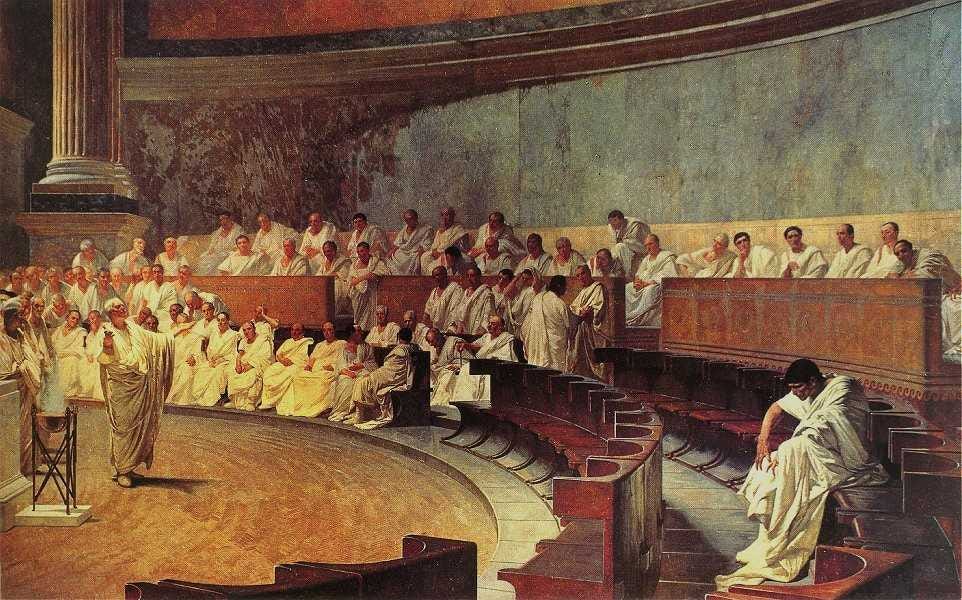The Socratic Method: Cultivating Critical Thinking Through Dialogue
Why the Socratic Method Remains a Cornerstone of Effective Education Today
Image from Wikipedia
In an era where information is at our fingertips and opinions are often presented as facts, the ability to think critically and engage in meaningful dialogue is more important than ever. One of the most effective tools for fostering these skills is the Socratic method, a timeless approach to education that has its roots in ancient Greece. Named after the classical philosopher Socrates, this method is not only a powerful educational tool but also a profound way to explore and understand the world around us.
The Origins of the Socratic Method
Socrates, who lived in Athens during the 5th century BCE, is one of the most influential philosophers in Western history. Rather than writing down his teachings, Socrates engaged in dialogues with his fellow Athenians, challenging them to think deeply about fundamental questions of ethics, knowledge, and existence. His method involved asking probing questions to stimulate critical thinking and illuminate ideas. His most famous student, Plato, documented this dialectical approach in a series of dialogues that have become foundational texts in Western philosophy.
The Mechanics of the Socratic Method
The Socratic method is characterized by a structured dialogue between a questioner (often the teacher) and a respondent (the student). The process typically follows these steps:
Questioning: The dialogue begins with a broad, open-ended question. This question is designed to provoke thought and does not have a straightforward answer. For example, "What is justice?" or "What does it mean to live a good life?"
Critical Examination: The respondent offers an answer or hypothesis. The questioner then scrutinizes this response by asking more questions that challenge assumptions, clarify concepts, and reveal potential contradictions. This phase is crucial for deepening understanding and uncovering underlying beliefs.
Reformulation: As the dialogue progresses, the respondent is encouraged to refine their initial answer, taking into account the insights gained from the questioning. This iterative process helps in developing more nuanced and robust conclusions.
Continued Inquiry: The cycle of questioning, examination, and reformulation continues, often leading to new questions and areas of exploration. The goal is not necessarily to arrive at a definitive answer but to engage in a continuous process of intellectual inquiry.
The Socratic Method in Modern Education
While the Socratic method originated in ancient Greece, its principles are still highly relevant and widely applied in modern education. Law schools, for instance, often use the Socratic method to teach students how to think like lawyers. Professors ask students to analyze legal cases and construct arguments, helping them develop the ability to think on their feet and approach problems from multiple angles.
In philosophy courses, the Socratic method is used to explore complex ethical and metaphysical questions, encouraging students to question their assumptions and consider diverse perspectives. Beyond formal education, this method is also valuable in everyday life, promoting thoughtful discussion and helping individuals navigate complex issues with greater clarity and insight.
The Benefits of the Socratic Method
The Socratic method offers several key benefits:
Enhanced Critical Thinking: Students learn to think critically and independently by continually questioning and examining ideas. They become adept at identifying logical fallacies, evaluating evidence, and constructing coherent arguments.
Deepened Understanding: The iterative process of questioning and reformulation leads to a deeper and more nuanced understanding of complex issues. Students are encouraged to look beyond surface-level answers and explore the underlying principles and assumptions.
Improved Communication Skills: Engaging in Socratic dialogue helps students develop their ability to articulate their thoughts clearly and persuasively. It also fosters active listening and the ability to respond thoughtfully to others' viewpoints.
Intellectual Humility: The Socratic method teaches students to recognize their knowledge's limits and remain open to new ideas. This intellectual humility is essential for lifelong learning and personal growth.
In conclusion, the Socratic method is more than just a teaching technique; it is a powerful way of engaging with the world. By fostering critical thinking, deepening understanding, and promoting intellectual humility, it helps individuals navigate the complexities of modern life with greater wisdom and insight. In a time when the ability to think critically is more crucial than ever, the Socratic method remains a timeless and invaluable tool for education and personal development.
As always, feel free to reach out with any questions or comments. Happy musing!




